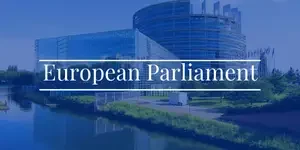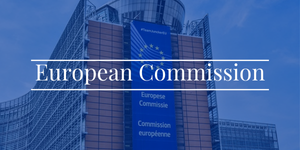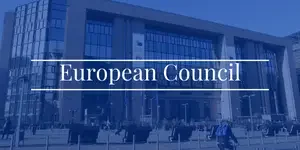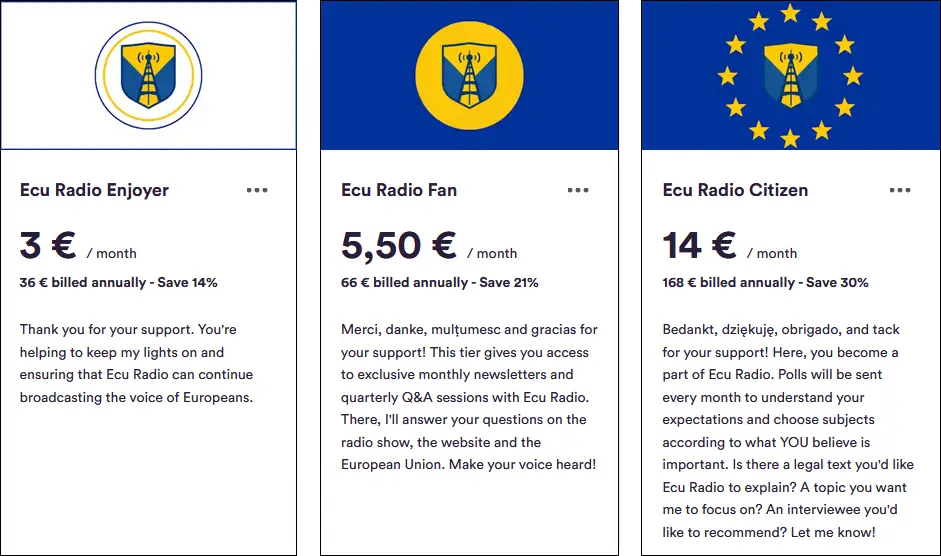
EU budget priorities for 2026: resilience and preparedness
MEPs endorsed Parliament’s guidelines for the 2026 EU budget by 441 votes in favour, 173 against, and with 70 abstentions, saying that next year’s budget should focus on strategic preparedness and security, economic competitiveness and resilience, sustainability, climate, and the single market. They want to see additional investment in research, innovation, enterprises, health, energy, migration, border protection, digital and green transitions, job creation and opportunities for young people.
Among other investment priorities, the guidelines call for continued support for health programmes and crisis preparedness, educational and cultural programmes to empower young people, and proper use of EU funds while upholding the rule of law.
MEPs also underline the need for sufficient resources given the sudden drop in international funding, and pledge unconditional and full support for Ukraine. They are concerned that repayment of the borrowing costs of the NextGenerationEU recovery plan must not lead to a reduction in EU programmes and funds.
More details available here.
The EU must defend its interests on the global stage
The EU should meaningfully increase and speed up support for Ukraine, to put it in a position of strength and deter any further aggression by Russia following a potential ceasefire agreement, MEPs say in two reports adopted on Wednesday.
In the report on Common Foreign and Security Policy (CFSP) adopted by 378 votes in favour, 188 against and 105 abstentions, Parliament warns Russia’s war of aggression against Ukraine erodes Europe’s security architecture, by destabilising and threatening the Eastern European neighbourhood and the Western Balkans.
In light of intensifying efforts by China, Russia, Iran, and others to destabilise the existing international order and undermine multilateralism, the report says enhanced cooperation and coordination by the EU with like-minded partners is essential. MEPs are worried about the fast pace at which the new US administration is reversing established partnerships and dismayed by its policy of appeasing Russia and targeting traditional allies. Nonetheless, MEPs believe it is more crucial than ever to continue engaging with the US. They encourage member states to pursue bilateral diplomatic channels with their US counterparts as the format of cooperation preferred by the US administration, while at the same time demonstrating unity and commitment to a common EU position.
More details available here.

The European Union and Central Asia establish a Strategic Partnership during groundbreaking summit
On April 4th, during the first ever EU-Central Asia Summit hosted in Samarkand, Uzbekistan, the Leaders decided to establish a Strategic Partnership between the two regions, marking a new phase in relations.
The new era of cooperation with the Central Asian countries will be articulated around topics such as transport, critical raw materials, energy, climate, and connectivity.
The Trans-Caspian Transport Corridor, which aims to connect both regions and to which the EU pledged €10 billion in 2024, will get a renewed impulse. President von der Leyen announced that an Investors Forum will be organised in Uzbekistan this year to further mobilise private investment for the corridor.
At the same time, the leaders endorsed a Joint Declaration of Intent on Critical Raw Materials that will also attract private investment and generate value in the region.
On this, President von der Leyen underlined what makes the EU apart from others: “Some are only interested in exploiting and extracting. Europe’s offer is different. We also want to be your partners in developing your local industries. Our track-record speaks for itself. European companies are already involved in raw materials here in Uzbekistan, with a €1.6 billion investment at the Almalyk copper mine. They do not just contribute to extracting minerals but also to processing them on site. This creates local jobs and local added value.”
Further cooperation is also envisaged in the development of dams and clean energy across the region, as well as in giving access to high-speed internet, including in schools and villages.
In this context, the President announced a Global Gateway Investment Package worth €12 billion, which will accelerate progress in all strands in a Team Europe approach, bringing together EU institutions, Member States, and finance institutions.
Find the Factsheet of the summit here.
ProtectEU – a new European Internal Security Strategy
Faced with new and evolving security threats and an evolving geopolitical landscape, EU Member States’ ability to guarantee security for their citizens needs a unified, European approach to protecting our internal security.
The European Internal Security Strategy aims to facilitate coordinated action, deepening cooperation through information sharing and enhancing resilience and collective ability to prevent, detect and respond effectively to security threats. It will ensure that security considerations are integrated in the development and implementation of Union policies across Member States, promoting a cohesive and comprehensive whole-of-society approach to security. It will support Member States to harness the power of technology to strengthen security, while promoting a secure digital space for all. It supports a common response by Member States to global political and economic shifts affecting the Union’s internal security.
It relates to the White Paper for European Defence – Readiness 2030 by focusing on strengthening civilian and military crisis readiness.
Europol’s role will be strengthened in investigating cross-border, large-scale, and complex cases posing a serious threat to the internal security of the Union, working more closely with other EU Agencies, notably Eurojust and the EPPO, to strengthen law enforcement and judicial cooperation.
Find the ProtectEU Factsheet here

European defence ministers meet in Warsaw to discuss continental security
On April 3rd, the Foreign Affairs Council met in its Defence configuration at the Warsaw Citadel to discuss the rearmament of Europe and support for Ukraine in its fight against Russian aggression. EU ministers also debated the European Commission’s White Paper on European Defence.
Now that peace seems achievable, it was also debated how to best support Ukraine so that it can achieve a just peace through strength, preserving the values that the European Union also embraces.
Furthermore, it was recognized that the support afforded by Europe will have to be long-term, including after signing a peace agreement, to deter any future invasions and maintain both Ukrainian and European security. This would have to include not just material support of various kinds, but also security guarantees, in a form that is best fit for purpose.
Read the Press Release by the Polish Presidency here.
Ecu Radio needs your support
Ecu Radio is an independent news website and podcast show, run full-time by a single dedicated contributor (for now). Support our work, get exclusive perks and help keep us going, starting from only 3€ per month. Let's unleash Europe's potential together!
Click here to support Ecu Radio

